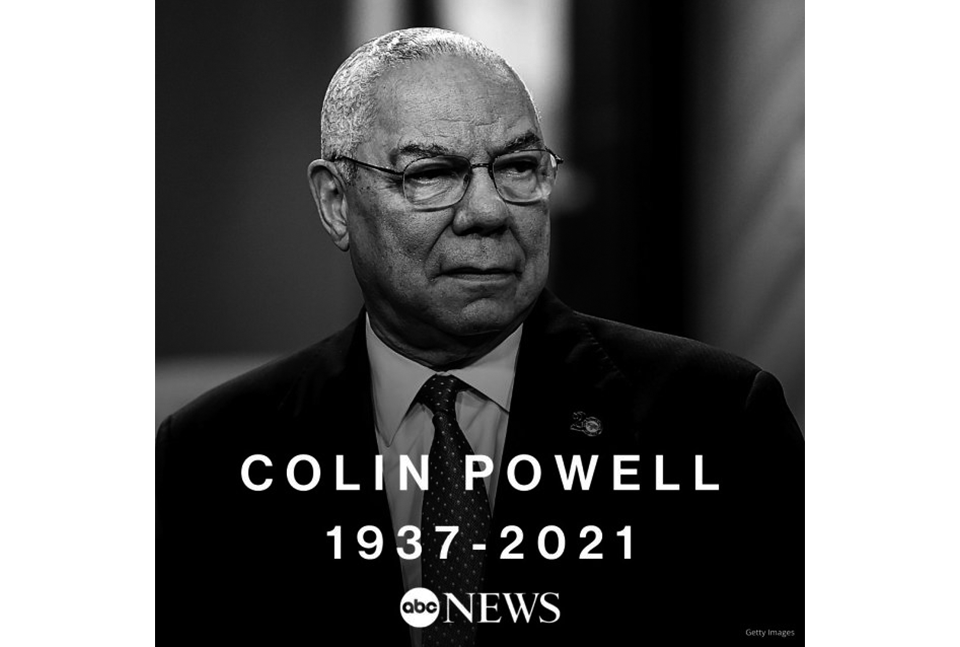- 如有疑问,请联系电邮
- customer@ihealth66.com
USNEWS:如何应对工作焦虑?

USNEWS:怀旧如何有益于你的健康和幸福?
2018年12月27日
儿童国家医疗中心(Children’s National Medical Center, Washington, D.C.)
2018年12月28日By Ruben Castaneda
工作焦虑对于一个快节奏的社会来说,已经成为一种司空见惯的职业病!虽然这种职业病在大多数人看来不是非常严重的症状,严格来说还不被大众认可为“疾病”!但是工作焦虑确实是精神疾病发生的一种前兆,而且通过历史回顾性的研究发现,随着中国经济的发达,尤其是大城市的工作状态已经与以往发生了根本性的变化;而在以往由于工作压力而导致的心理疾病的发病率,明显上升了一个数量级。通过数据分析,已经得到了此两者存在着正相关。因此,本文的作者,旨在通过对工作过程中出现的一些问题来进行剖析,来阐述如何减少减轻工作所带来的焦虑,借此希望能够降低工作相关的心理疾病的发生。
DOES YOUR STOMACH clench or get flooded with butterflies when you’re facing a looming work deadline? Do you fret at your desk over an upcoming performance review? If you have to give a PowerPoint presentation to a client or co-workers, do you become so filled with anxiety that you find it hard to concentrate on your tasks?
Grappling with job-related anxiety is a common experience, says Dr. Prudence L. Gourguechon, a psychiatrist and psychoanalyst in Chicago who consults businesses on the psychological aspects of life in the workplace. “It’s almost universal,” Gourguechon says. “It’s a normal part of life that people need to figure out how to manage.” An online survey conducted by Ipsos on behalf of One Medical found that 55 percent of Americans said some aspects of their work environment caused them anxiety, stress or sleeplessness.
But a new study suggests there can be an upside to workplace anxiety. That’s what researchers argue in “Understanding the Dark and Bright Sides of Anxiety: A Theory of Workplace Anxiety,” published in May 2018 in the Journal of Applied Psychology. “We argue that anxiety is not always detrimental to performance and can have … a bright side,” the study’s co-authors wrote. “For example, anxiety can serve as a motivating function: Anxious individuals are more sensitive to feedback and thus much more vigilant in monitoring their surroundings and themselves. Such hyper-vigilance signals that more resources, such as effort, need to be allocated to the task.”
There are a number of ways in which anxiety can help boost rather than hinder a worker’s job performance, says Julie McCarthy, a co-author of the study. She’s a management professor at the University of Toronto Scarborough and the Rotman School of Management, which is also in Toronto. Anxiety can help both people who are disposed to be worriers and employees whose anxiety is triggered by a specific situation, she says. For instance, an employee who’s disposed to feeling anxious is up for a big work promotion and has moderate, but not extreme levels of anxiety. “These moderate levels can help focus the employee and increase his goal-directed self-regulation (your ability to regulate your thoughts, feelings and behaviors in order to reach your goals),” McCarthy says. “The employee is more likely to focus on task-relevant behaviors and avoid task-irrelevant ones.” Similarly, an employee whose anxiety is prompted by a specific situation can be motivated to her optimal performance, McCarthy says. For example, a worker who’s scheduled to deliver an important speech to a group of colleagues feels moderately anxious about the assignment, but she doesn’t feel overwhelmed. Instead, she “has heightened awareness in the manner in which (she) is projecting her voice, her body language and the interest and attention level of the listeners,” McCarthy says. “The increased awareness enables her to adjust her behaviors as needed to ensure maximum performance.”
Not all work-related anxiety is positive, says Colleen D. Cira, a licensed clinical psychologist and founder and executive director of the Cira Center for Behavioral Health in Chicago. Anxiety at higher levels can leave some people feeling overwhelmed by their work tasks, to the point they freeze, Cira says. “Their sense of doing assignments in a timely manner, focus and attention to detail go away,” she says. “Some people feel paralyzed because they feel they have too much to do. They might procrastinate or rush through their assignment, not paying the proper amount of attention to detail to their work.”
Here’s how to manage work-related stress:
- Check in with yourself regularly
- Don’t assume the worst
- Avoid becoming too hungry, angry, lonely or tired
- Accept uncomfortable feelings
- Get up and move
- Don’t drink alcohol or use drugs to calm your nerves
- Seek help from your employee assistance program
1. Check in With Yourself Regularly
Some people get so caught up with their daily responsibilities that they don’t consider whether the level of anxiety they feel is proportional to whatever situation they’re worried about, Cira says. Every time you stand up from your chair, get something to drink or take a short break, ask yourself: “How am I doing?” Cira suggests. “Am I stressed? Am I feeling overwhelmed?” Being aware that the times your anxiety level is spiking can alert you that it’s time to use stress-managing strategies.
2. Don’t Assume the Worst
It’s easy to focus on worst-case scenarios when you’re feeling anxious, but that’s not productive and usually not realistic, says Russell Morfitt, co-founder and chief psychology officer at Learn to Live, Inc., a Minneapolis-based firm that provides online services to help people with anxiety, insomnia and related issues. “We sometimes fall into the trap of planning for negative outcomes, and fail to consider how things may turn out well,” Morfitt says. For example, instead of anticipating you won’t have anything interesting to say during a job interview, imagine talking about a topic that reflects well on your experience and abilities.
3. Beware of Becoming Too ‘HALT ‘
“When we’re hungry, angry, lonely or tired, we have less emotional bandwidth,” Cira says. “It’s like running too many electronic devices on a single Wi-Fi modem. One or more of the devices might freeze. “Human beings are the same way,” she says. “Our emotions and nerves can become frayed.” Feelings of stress can cause your body to release the stress hormone cortisol. Too much cortisol is associated with depression, heart disease, weight gain and memory and concentration problems.
4. Accept Uncomfortable Feelings
Rather than trying to deny or run from uncomfortable feelings, accept them with the understanding that they’ll pass, Cira says. For example, you might feel anxious during your first weeks at a new job because you have to learn new tasks and a new computer system. Accept that you won’t know everything about your new job right away, and that’s OK, Cira advises. “Some helpful things to say to yourself in this situation might include, ‘I’ve learned new jobs before and it’s turned out all right’; ‘All I can do is my best’ and ‘I should give myself some time to adjust before assuming this won’t work,'” she says.
5. Get Up and Move
It’s common to feel like your body is buzzing with extra energy when you’re anxious, Cira says. That can create cognitive dissonance. “Our brain is telling us to relax and chill out, and our body is saying something else,” she says. If you’re feeling fidgety, go for a walk around the office or outside, she says. Even a moderate amount of exercise can prompt your body to release endorphins that will improve your mood.
6. Don’t Drink Alcohol, Overeat or Use Drugs to Calm Your Nerves
Some people turn to unhealthy options, like drinking alcohol, overeating or misusing drugs, to self-medicate when they’re dealing with work-related stress, says Dr. Daniel G. Amen, a double-board certified psychiatrist and founder of Amen Clinics, an outpatient health care clinic that offers mental wellness services. Amen, who’s based in Newport Beach, California, is the author of the New York Times best-seller “Change Your Brain, Change Your Life.” Using alcohol, food or drugs to shield yourself from anxiety is a bad approach, he says. “These choices can end up doing more harm than good,” Amen says. Instead, try healthy ways to reduce stress, like deep breathing, exercise, meditation, listening to relaxing music and getting a massage.
7. Seek Help From Your Employee Assistance Program
If you’ve tried various relaxation techniques and find that you still aren’t able to shake persistent feelings of work-related anxiety, it may be time to seek help, Amen says. Talk to trusted friends, relatives and spiritual leaders, and consider using your company’s employee assistance program as a resource. Many employers have such programs that can put you in touch with the right mental health professional for you, Amen says.





